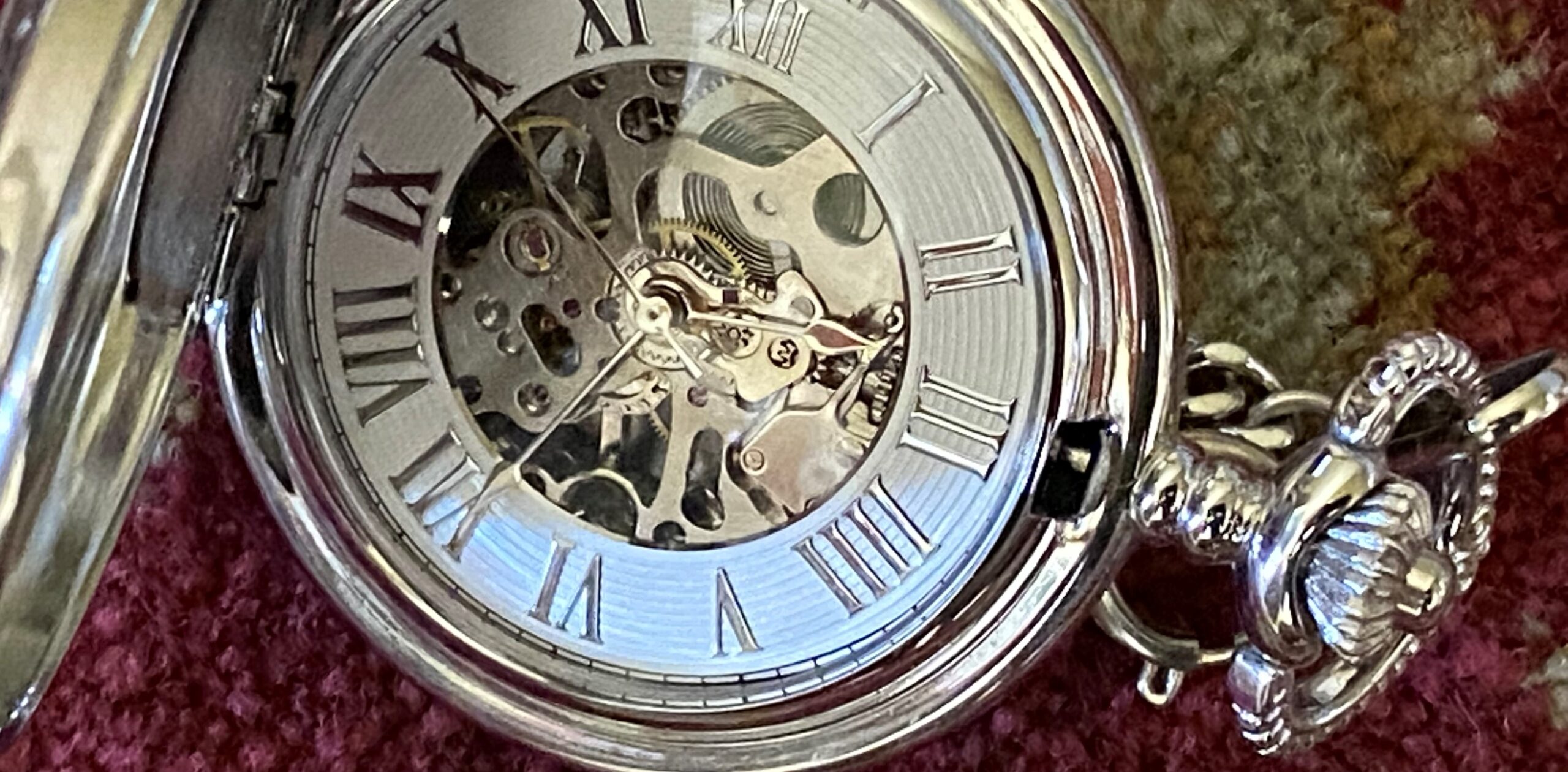
Spend enough time with someone with a broken brain and you might actually learn something. Think of it as addition by subtraction. For example, I’ve learned to appreciate that for individuals living with dementia and severe memory loss the mantra “live for the moment” becomes truly existential. In fact, in their world it is all that matters. Because with each next moment, the past one vanishes.
As the short-term, working memory system fails, the storage and processing of information decays rapidly – often lasting for less than 15-30 seconds. This short-coming-and-going affects both the person with dementia as well as, if not moreover, family and friends who must learn to accept and embrace this child-like “simple-mindedness.”
Of course this empathetic concession comes with commitments: Don’t be impatient. Don’t get annoyed. Don’t finish sentences and thoughts. Be attentive as stories are told and retold. Ask questions; this is the antidote to repetitive and circular conversations. And, conversely, answer questions as though asked for the first time, rather than a minute ago. Above all, be present.
TAKE THE GOOD WITH THE BAD
Research demonstrates that persons with dementia benefit substantively from thoughtful interaction. There is a boost to self-esteem, a sense of social connectedness and a genuine infusion of meaning to life.
It is a relief, too, knowing that with this oblivious forgetfulness comes a sort of supernatural contentedness. Evidently, living for the moment serves as a therapeutic survival skill for those suffering dementia. And no doubt a lesson and healthy skill from which all of us could benefit in these saturated and distracted times.






